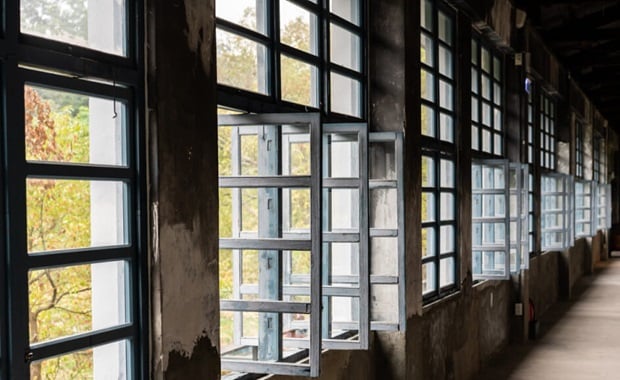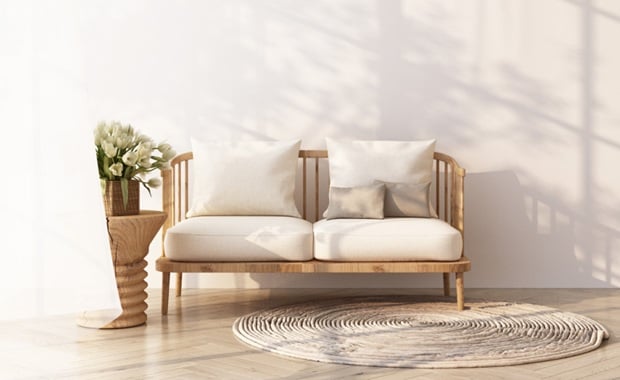 Article
Article
The importance of natural light indoors
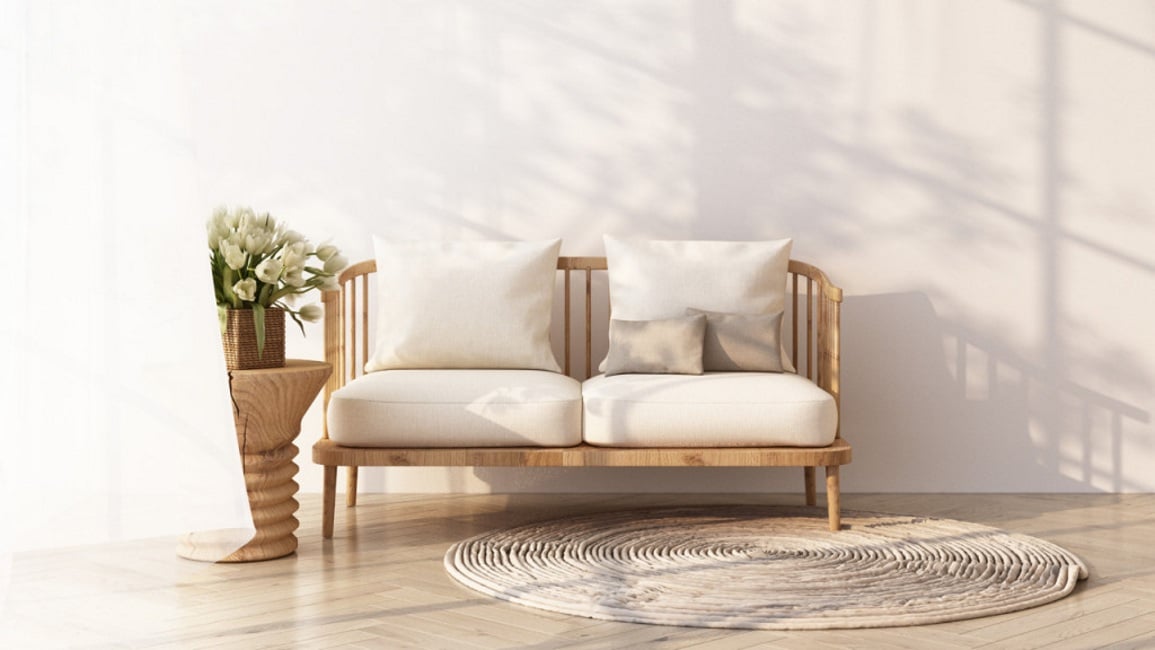
Natural light is key for achievinghealth, wellnessand optimal quality of lifein general. According to research, exposure to natural light (of course not direct or long exposure, where sun protection is needed) can have a positive effect on both our mental and physical health, while it certainly enhances the interior of our space, highlighting its aesthetics.
The positive effect on people
A well-known positive effect of sunlight on humans is through Vitamin D, which is associated with good bone health and the general functioning of our metabolism. Through exposure to sunlight, our skin produces this vitamin that is critical for many functions of our body. In addition, light is associated with wellness and mood as it helps increase serotonin, a chemical that plays a key role in our emotional balance, appetite and memory. Therefore, higher levels of serotonin in the body work in our favor to make us feel better. As is widely understood, natural light within our interior space can help reduce stress, allowing us to find calm andbalance.
Minimal frames, high aesthetics, and energy efficiency
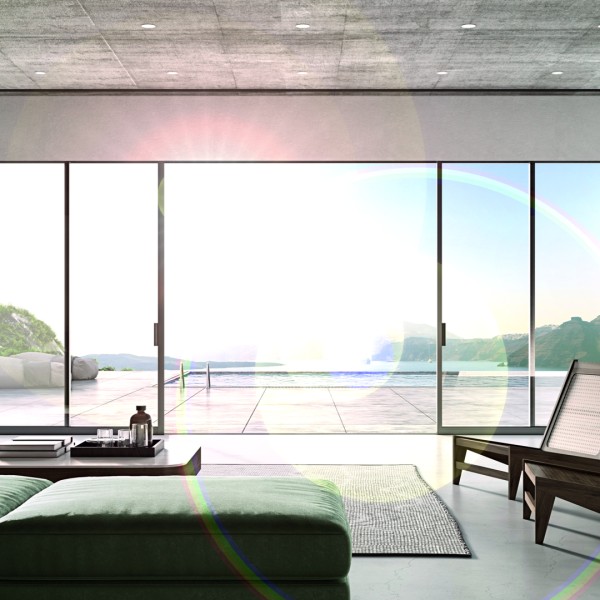
Large window openings,, balcony doors with a thin frame and generally the choice of frames that help light to enter unobstructed, can give a high aesthetic value to our space and highlight design details that would otherwise go unnoticed.
The contemporary architectural trend calls for clean design and minimal structures that allow light to diffuse and fill the rooms. Natural light also makescolors look brighter. If you have used different colors in the walls or curtains, try to let as much sunlight as possible in, as it will enhance the color palette of the interior.
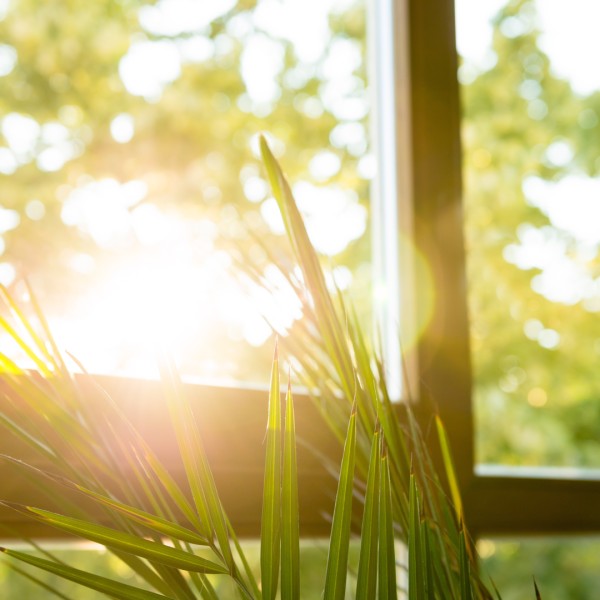
If you havehouseplants, sunlight will surely benefit them (the amount of light they need varies depending on the plant), and indirectly it will also be good for you, as a room with healthy and well-kept plants exudes a valuable sense of peace and tranquility.
Finally, we should not forget the environmental part of the equation. If you take advantage of natural light, especially in the winter months, you willbe saving energy. You follow a more eco- friendly practice while saving money. Especially during a period of an extensive energy crisis, any way to reduce heat losses is welcome!
Light in Work Environments
Modern lifestyles require us to live and work long hours indoors, sometimes with reduced access to natural light. This gives rise to the need to design our home or work spaces in a way that facilitates the entrance of sunlight. As recent research has shown, natural light in workplaces improves the mood of the employees, and even contributes to increased productivity.

Also, because a balanced exposure to natural light is associated with better sleep quality, workers who benefit from it are more productive and rested in their daily lives. What about the environmental footprint? Here the effects of an increase in natural light are direct and definitive. As stated in the Guide published by the Carbon Trust, "The lighting is a significant energy cost in an office and good savings can be achieved through careful consideration of equipment, maintenance and staff habits". By enhancing natural lighting, adjusting it through the use of shading systems for a better result and automations in artificial lighting (automatic switching off of lights after a certain time, etc.), the financial andenvironmental benefits over time are significant.
Natural light is the future
One of the main characteristics of a sustainable lifestyle, based on the values of environmental protection with nature and man at its heart, is natural light and its integration into every aspect of everyday life. New evidence shows that intelligent use of natural lighting has beneficial effects and improves the quality of life. On a social and environmental level, natural light has made a strong comeback in international debates related to its impact on humans and the environment. After all, as Victor Hugo wrote: "To love beauty is to see light"!

* The above article does not provide medical advice and refers exclusively to the positive effect of natural light indoors, as reflected in modern research. The use of sunscreen is necessary in cases of direct or prolonged exposure or under any condition based on your doctor's instructions.


